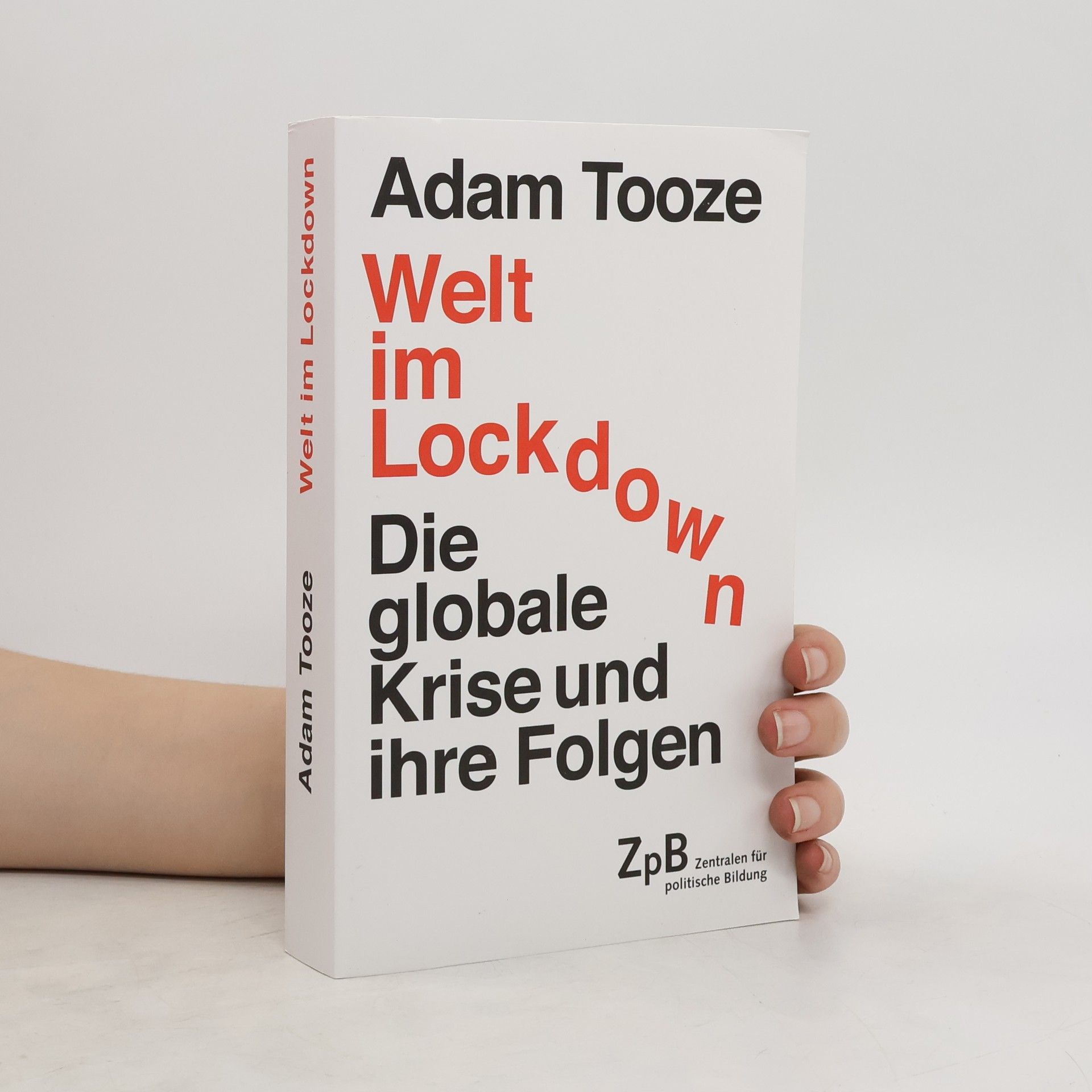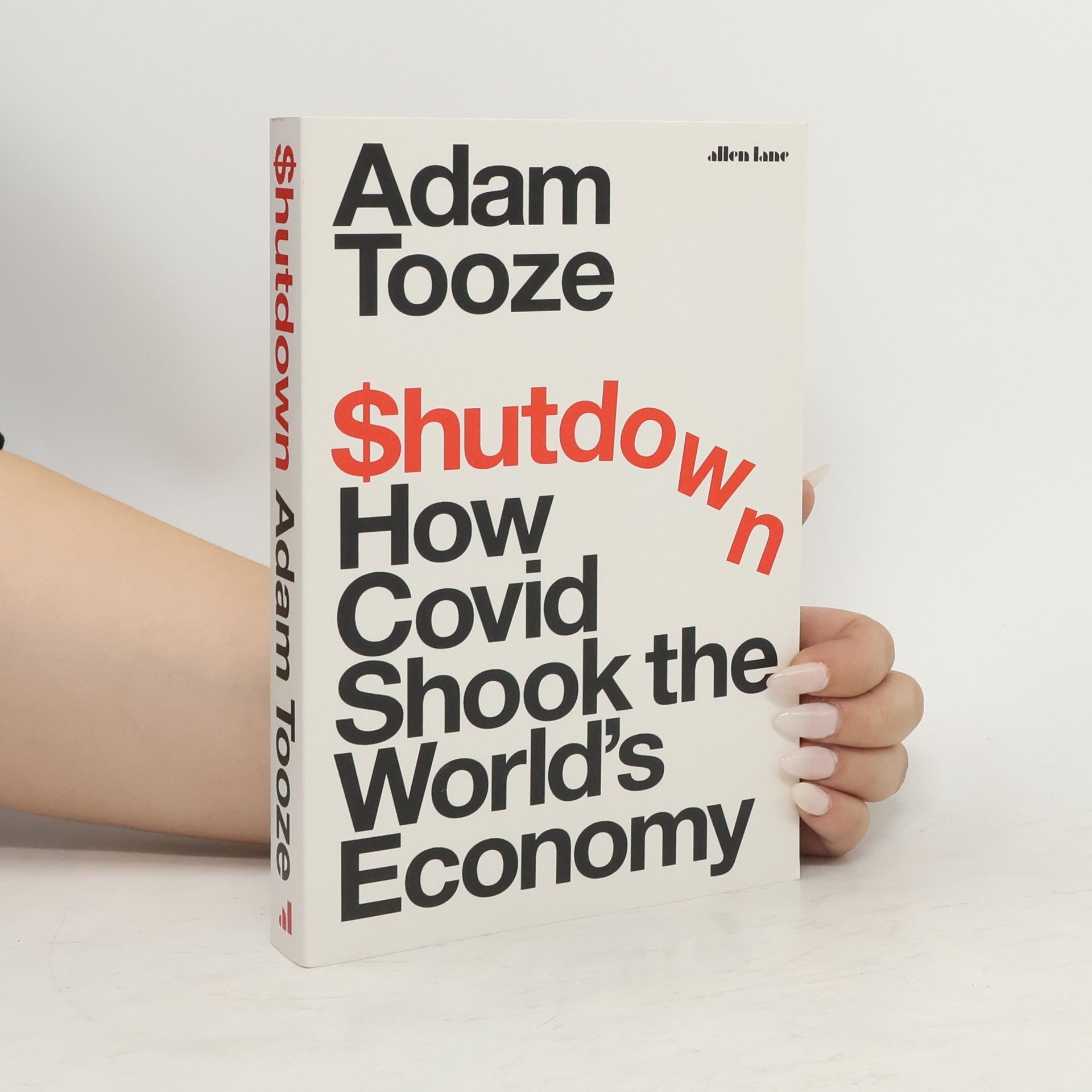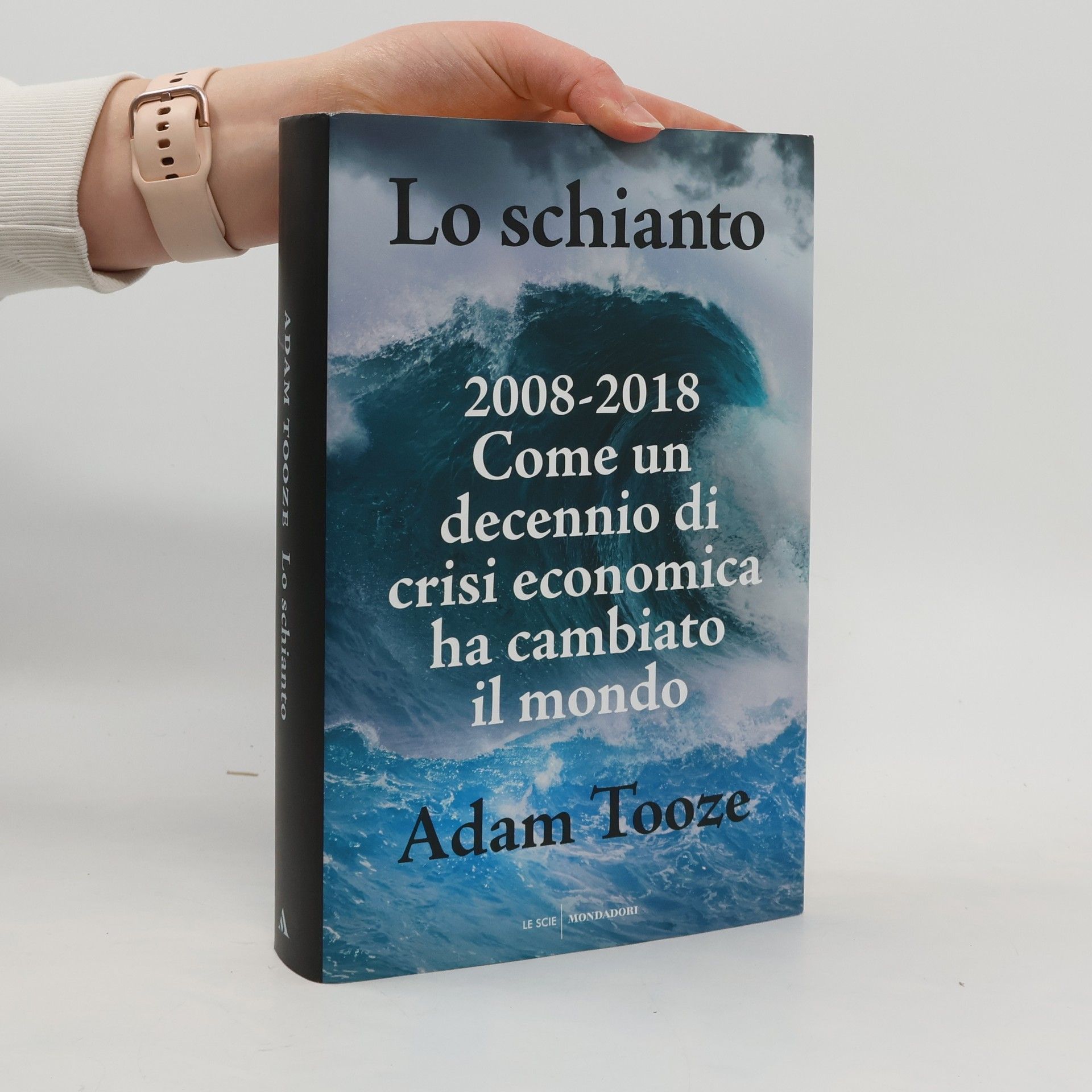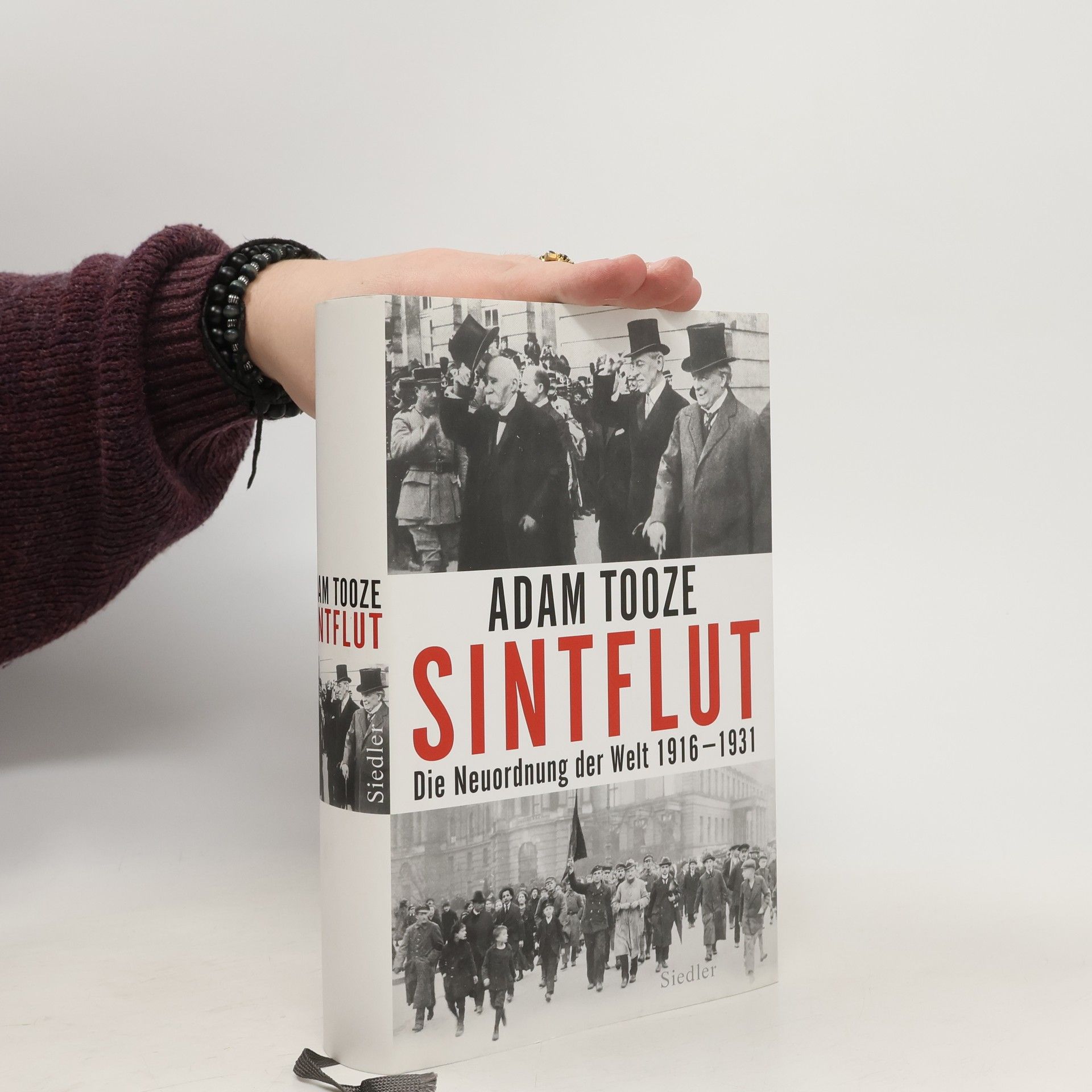Lo schianto. 2008-2018. Come un decennio di crisi economica ha cambiato il mondo
- 766pagine
- 27 ore di lettura
Scaturita dallo scoppio della bolla immobiliare nel 2006 e culminata nel crack della Lehman Brothers nel 2008, la prima grave crisi finanziaria dell'era globale ha colpito ogni parte del mondo, dalle borse del Regno Unito e dell'Europa alle fabbriche dell'Asia, del Medio Oriente e dell'America Latina, portando a un radicale riassetto della governance internazionale. Negli Stati Uniti e nei Paesi occidentali, ha causato un impoverimento generale del ceto medio e ha sollevato interrogativi sulla natura della democrazia capitalistica. Le sue conseguenze hanno innescato crisi geopolitiche lungo il perimetro esterno dell'Unione Europea, contribuendo alla guerra in Ucraina, al collasso della Grecia, alla Brexit e alla vittoria di Donald Trump nel 2016. Attraverso una ricostruzione del decennio di crisi finanziarie e delle risposte a esse, l'autore evidenzia la necessità di riflessioni su temi fondamentali: il carattere caotico dello sviluppo economico, le asimmetrie nei rapporti di interdipendenza tra paesi, l'interazione delle crisi finanziarie con il successo di Internet e dei social network, e le sofferenze della classe media americana. In questo nuovo scenario, l'autore valuta la portata di eventi che si configurano come una delle grandi crisi della modernità, ponendo domande cruciali sulle reali prospettive di un ordine mondiale liberale e stabile.







